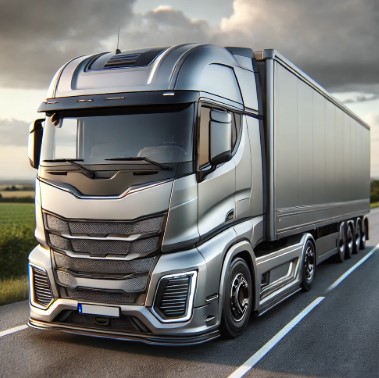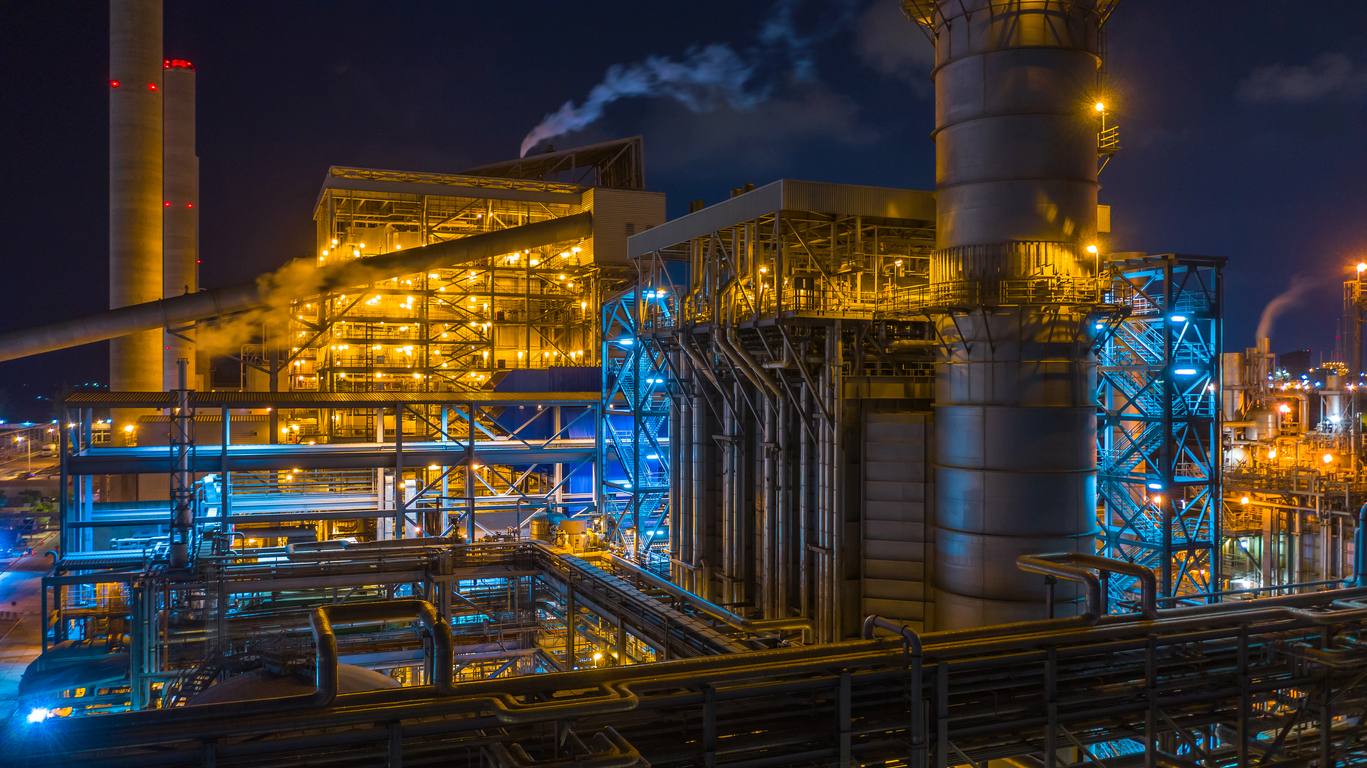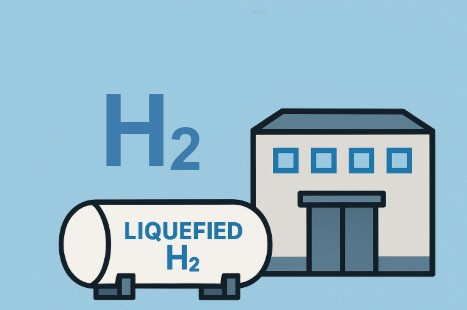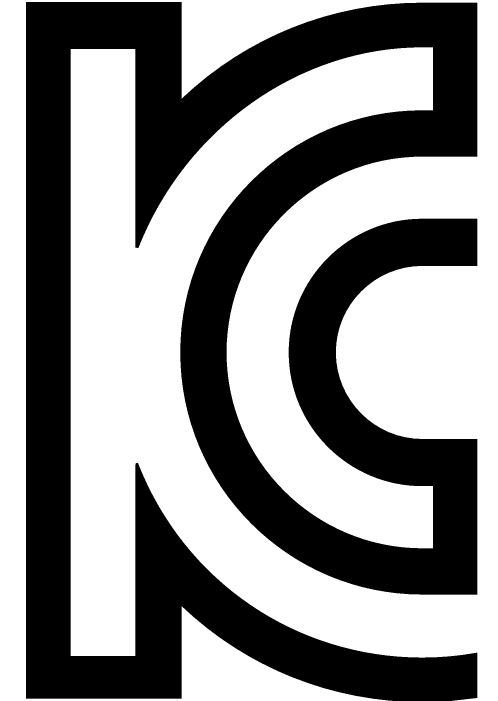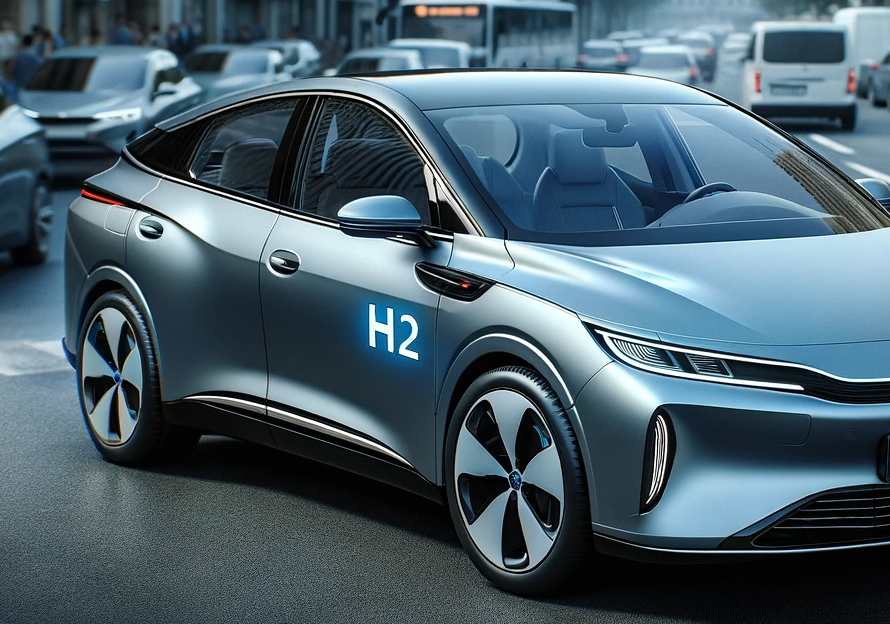Sustainable fossil fuel production becomes necessary for South Korean oil refinery operators
5. May 2022
For decades, South Korea’s four major oil refinery operators set an example for the entire industry in terms of upgrading their facilities. These multi-billion dollar investments often resulted in higher costs and lower profits. Leading refiner SK Energy, as well as local giants GS Caltex Corp, S-Oil Corp and Hyundai Oilbank Co, have invested large sums in upgrading their facilities to produce high-quality end products such as gasoline from low-cost crude. Hyundai Oilbank’s expansion or upgrade rate of 40.6 percent is among the highest in the industry worldwide, followed by GS Caltex at 34.4 percent, S-Oil at 33.8 percent and SK Energy at 24.9 percent. This compares with refineries in China and Japan at around 20 percent, and plants in Russia and Saudi Arabia at 10 percent. Products from the oil and gas industry require certification to a large extent on the Korean market. Gas and pressure vessels usually require
KGS factory approval.
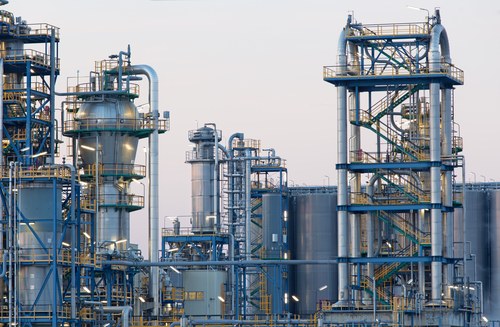
With the global trend toward sustainable energy production, so-called ESG (environmental, social, governance) goals have also become standard in the energy sector. Refinery operators around the world are looking for new revenue streams beyond the traditional oil business to continue making profits. South Korean companies are even considering changing their corporate name to move away from the image of the dirty oil business and invest more in renewable energy. Still, operators must continue to invest in their plants to remain competitive, analysts say.
Analysts believe companies have no option but to continue upgrading their facilities, as more than two-thirds of revenues come from refining operations. To boost profits, some refiners are now sourcing cheaper crude from South America. For example, Hyundai Oilbank last year bought Colombia Castilla, an oil grade that is inferior to oil from the Middle East but costs about 10 percent less. As a result, the share of oil imported from countries other than the Middle East rose from 45 to 65.3 percent and 18.2 to 25.3 percent for both Hyundai and GS Caltex, respectively. Meanwhile, SK Innovation, the parent company of SK Energy, has announced plans to become an environmentally friendly company in the long term and to invest about $24 billion in restructuring projects by 2025.
We offer certification services for all product areas, including
KGS factory approvals for high-pressure and gas appliances. We are available to answer any questions you may have about Korea certifications.
Feel free to contact us any time if you need assistance or have any questions regarding Korean certifications like
KC,
KC EMC,
KCs,
KCs for explosion safety products or
KGS factory registration.
Tel. Europe:
+49-69-271 37 69 261
Tel. US:
+1 773 654-2673
Email:
info@korea-certification.com
Urgent questions?
Please do not hesitate to contact us via chat. You will find the chat window at the bottom right of each page (if this is not visible, please check your browser settings).
For more information you can download our free brochure “
Korea Certification Made Easy – The Booklet“.
 With the global trend toward sustainable energy production, so-called ESG (environmental, social, governance) goals have also become standard in the energy sector. Refinery operators around the world are looking for new revenue streams beyond the traditional oil business to continue making profits. South Korean companies are even considering changing their corporate name to move away from the image of the dirty oil business and invest more in renewable energy. Still, operators must continue to invest in their plants to remain competitive, analysts say.
Analysts believe companies have no option but to continue upgrading their facilities, as more than two-thirds of revenues come from refining operations. To boost profits, some refiners are now sourcing cheaper crude from South America. For example, Hyundai Oilbank last year bought Colombia Castilla, an oil grade that is inferior to oil from the Middle East but costs about 10 percent less. As a result, the share of oil imported from countries other than the Middle East rose from 45 to 65.3 percent and 18.2 to 25.3 percent for both Hyundai and GS Caltex, respectively. Meanwhile, SK Innovation, the parent company of SK Energy, has announced plans to become an environmentally friendly company in the long term and to invest about $24 billion in restructuring projects by 2025.
We offer certification services for all product areas, including KGS factory approvals for high-pressure and gas appliances. We are available to answer any questions you may have about Korea certifications.
Feel free to contact us any time if you need assistance or have any questions regarding Korean certifications like KC, KC EMC, KCs, KCs for explosion safety products or KGS factory registration.
Tel. Europe: +49-69-271 37 69 261
Tel. US: +1 773 654-2673
Email: info@korea-certification.com
Urgent questions?
Please do not hesitate to contact us via chat. You will find the chat window at the bottom right of each page (if this is not visible, please check your browser settings).
For more information you can download our free brochure “Korea Certification Made Easy – The Booklet“.
With the global trend toward sustainable energy production, so-called ESG (environmental, social, governance) goals have also become standard in the energy sector. Refinery operators around the world are looking for new revenue streams beyond the traditional oil business to continue making profits. South Korean companies are even considering changing their corporate name to move away from the image of the dirty oil business and invest more in renewable energy. Still, operators must continue to invest in their plants to remain competitive, analysts say.
Analysts believe companies have no option but to continue upgrading their facilities, as more than two-thirds of revenues come from refining operations. To boost profits, some refiners are now sourcing cheaper crude from South America. For example, Hyundai Oilbank last year bought Colombia Castilla, an oil grade that is inferior to oil from the Middle East but costs about 10 percent less. As a result, the share of oil imported from countries other than the Middle East rose from 45 to 65.3 percent and 18.2 to 25.3 percent for both Hyundai and GS Caltex, respectively. Meanwhile, SK Innovation, the parent company of SK Energy, has announced plans to become an environmentally friendly company in the long term and to invest about $24 billion in restructuring projects by 2025.
We offer certification services for all product areas, including KGS factory approvals for high-pressure and gas appliances. We are available to answer any questions you may have about Korea certifications.
Feel free to contact us any time if you need assistance or have any questions regarding Korean certifications like KC, KC EMC, KCs, KCs for explosion safety products or KGS factory registration.
Tel. Europe: +49-69-271 37 69 261
Tel. US: +1 773 654-2673
Email: info@korea-certification.com
Urgent questions?
Please do not hesitate to contact us via chat. You will find the chat window at the bottom right of each page (if this is not visible, please check your browser settings).
For more information you can download our free brochure “Korea Certification Made Easy – The Booklet“.




